Lingua Sinica Newsletter, 16 Nov
News, analysis, and commentary on Chinese-language media from the PRC and beyond.
Welcome back to Lingua Sinica:
These are exciting times for Lingua Sinica and the China Media Project. Our newsletter is on Substack only for the first time today, and earlier this week we published our first Substack-exclusive content: a reflection by researcher and fixer Xin-yun Wu on how the recent influx of foreign journalists to Taiwan has altered the country’s local media landscape.
At the same time, we are pleased to report that our research team in Taipei is expanding, which means we’ll be able to bring subscribers more content and continue to expand and experiment with what we offer and how. In particular, we are pleased to introduce our latest researcher, Dalia Parete, who has a background in politics and international relations in China and across the region, including Taiwan. Be on the lookout for Dalia’s insights in coming newsletters.
These are certainly exciting times for newsmakers throughout the Chinese-speaking world. In this edition, we look at some of the region’s biggest stories. In Redlines, we look at how China’s official press has dealt with this week’s Xi-Biden summit. In CMP Showcase, we feature on-the-ground reporting from the impromptu memorials held earlier this month for former premier Li Keqiang. And we also take a lighter look at Taiwan’s rapidly changing election line-up, which is due for a big shake-up on Saturday.
Here’s hoping your weekend is more relaxing than that of reporters covering Taiwan, who will be waiting to see who is number one on the main opposition ticket hoping to take down President Tsai Ing-wen’s Democratic Progressive Party.
Ryan Ho Kilpatrick
CMP Managing Editor
REDLINES
As Joe Biden met yesterday with Xi Jinping in San Francisco, the stakes in the bilateral relationship were high — not just for the US and China, but for the world. Writing in the National Interest, Harvard University professor Graham Allison said that the US and China “will be the fiercest rivals history has ever seen.”
Holding Steady
For their part, China’s leadership and the Chinese state media are generally keen ahead of such high-stakes meetings to avoid such colorful or provocative statements. As CMP Director David Bandurski told the Associated Press this week, the tone of coverage of the United States has moderated noticeably in the Party-state media in recent days and even weeks in anticipation of the Xi-Biden meeting.
In today’s edition of the CCP’s flagship People’s Daily, the front page stiffly noted some of China’s core hopes and expectations in its layout as much as in its language. Directly under the masthead was a simple release on Xi’s arrival in California, with an image of him stepping off the plane to a welcome from Governor Gavin Newsom, who visited China in October to engage on climate issues. In the “newspaper eye” (报眼) to the right of the masthead (1) was an announcement of the publication in the CCP journal Seeking Truth (求是) of a Xi Jinping speech on environmental policy — which can be read both as an acknowledgment of the previous engagement with California on the issue and an affirmation of one area where deeper US-China engagement might be possible in spite of differences.
Directly below is a report (2) about the relationship across the Taiwan Strait, touching on an area of particular sensitivity in the bilateral exchanges to happen this week. But the article business-washes the issue entirely, reporting on a cross-Straits economic conference this week and emphasizing common feeling among “compatriots” on both sides, with the message that prosperity can be had for all. “[Realizing] the great rejuvenation of the Chinese nation requires compatriots on both sides of the Taiwan Strait to work together,” it says. Moving down, another report (3) deals again with China’s leadership on climate change and the environment, and how Xi Jinping has balanced these national priorities (国之大者) with the imperative of development. The next article (4) is an interesting choice given the fact that Xi is visiting California, the heart of the US film industry. It notes the strength of China’s box office in 2023, exceeding 50 billion yuan to date — with domestic Chinese films accounting for nearly 84 percent of the take, reflecting, according to the report, “the growing cultural confidence of Chinese audiences.” The message, seemingly: We’d love to work with the US on film, but we’re also dealing from a position of strength.
Cooperation = Mutual Development
On page 3 of the People’s Daily, a large story emphasizes the Port of Los Angeles and Chinese investment there as an example of how US-China cooperation can yield benefits for both sides. The piece is constructed around a visit Xi Jinping made to the port in February 2012, when he was vice-president, and it is full of the “old friends” (老朋友) language typical of Chinese propaganda on external relations [read more on “friends” in the CMP Dictionary].
Much of the language in the official Party-state media this week emphasizes the need to bring US-China relations back to a point of calm and mutual benefit — avoiding what Xinhua News Agency called “negative agendas” (消极议程), meaning issues like Tibet, Hong Kong, Xinjiang, and human rights. Communicating China’s expectations for the Biden-Xi summit on Wednesday morning — hours ahead of the meeting — the operative word was simply “stable” (稳定). The main piece topping page 3 of the People’s Daily on Wednesday mentioned the word "stability" no less than 11 times. The most important related phrase, repeated 3 times, was “[getting] back on track for healthy and stable development” (重回健康稳定发展轨道).
TRACKING CONTROL
“Good Reporters Tell Good Stories”
Last week, China marked its annual Journalists’ Day with an hour-and-a-half-long gala on state broadcaster CCTV. It was co-organized, tellingly, by the National Radio and Television Administration, the Central Propaganda Department, and the All-China Journalist’s Association, an ostensible professional organization whose primary role is not to represent media professionals but to regulate and control them.
The theme of the night, for the tenth year running, was “Good Reporters Tell Good Stories” (好記者講好故事). So what makes a “Good Story?” Let’s look at the exemplars showcased on the program: interviews with Korean War vets; PRC industrial breakthroughs; new agricultural technology; rural sporting events; infrastructure megaprojects.
Implicitly, “good stories” are those that put China’s rulers in the best possible light. Huge stories like China’s faltering economy and the purges in the top ranks of the Party-state are, of course, nowhere to be found (like former foreign minister Qin Gang, not seen since June). Where disasters like this summer’s flooding are touched upon, the story is authorities' miraculous, life-saving response (and not, say, how floodwaters were diverted to people’s homes to keep Xi Jinping’s new capital Xiong’an dry). But there’s no need to read between the lines: as an award-winning reporter from Guizhou puts it, framing her story on rural basketball as a celebration of Xi Jinping’s poverty eradication campaign, good stories are “happy stories.”
Watchdogs or Weasels?
Since Journalists’ Day was created in 2000 as one of three professional holidays in China, the country’s leaders have consistently refused the media’s right to exist as a true profession, rather than as a proxy of Party-state power. But even so, the contrast between last week’s celebration and previous years' is stark.
In 2011, for example, China Youth Daily marked the occasion by telling the harrowing tale of Fujian television journalist Deng Cunyao. A year earlier, Deng was grievously injured in a knife attack because of his critical reporting, uncovering local authorities' embezzlements of funds meant for rural doctors.
“We publish this chilling report today,” wrote the China Youth Daily editor, “in order to pay our respects to those colleagues in journalism who are struggling on the front lines of watchdog journalism.
One of the keynote speakers at the CCTV gala last week was Sha Chen, a presenter who joined the network in 2002. When he began his career 21 years ago, he recalls, “the goal we pursued was to get deep into the scene and to question what the truth really was.” Today, things are different. “A good journalist of the New Era,” he says, “uncovers the stories behind mainstream values and dares to speak out against violations of mainstream values.”
The bravery to rat out freethinkers? Whatever you call that, it’s a far cry from Deng Cunyao’s watchdog journalism of 2011.
FLASHPOINTS
Tiananmen Exiles Author Exiled from Hong Kong
Rowena He (何曉清), an Associate Professor at the Chinese University of Hong Kong (CUHK) History Department, was fired last month when Hong Kong immigration authorities refused to extend the Canadian scholar’s visa. Professor He had been on leave after she was awarded a fellowship by the National Humanities Center — something she was feted for by CUHK in April last year, before her departure. Her bio page at CUHK now turns up only an “Error 404” page.
He authored the 2014 book Tiananmen Exiles: Voices of the Struggle for Democracy in China, which focused on the oral histories of several former student movement leaders now in exile overseas, and has published numerous articles in Chinese and English on China’s democracy movement and its bloody aftermath. Her next book will examine the roots and development of Chinese student nationalism abroad, looking at both mainland students and local students in Hong Kong.
The following is a taste of how Chinese-language media outlets have covered Professor He’s termination.
Hong Kong’s Ming Pao newspaper, published by Media Chinese International Limited, reported news of He’s “immediate dismissal” on October 29, saying that while the academic “would not speculate on the reasons for the visa refusal,” she had noted the sensitivity of her research subject matter. Further, He revealed to the newspaper that she had received probing questions about her work in the course of a previous visa extension: “In August last year, she received a request from the Department for supplementary information, including the work she was doing at Harvard University and the Institute for Advanced Study in Princeton, as well as the sources of the organization's funding.” Ming Pao coverage was a primary source of information about He’s case in the Chinese-language media space, appearing in outlets such as Taiwan’s Central News Agency (CNA).
In its coverage of the He case, Initium Media, an independent digital media outlet based in Singapore, emphasized the academic’s characterization of herself as "a very mild person, who only wishes to engage in research and transfer knowledge to students" (好溫和的人,只想從事研究和向學生傳授知識), and added that her termination “creates a chilling effect on peers and students studying China issues and impacts academic freedom.”
Radio Canada International (加拿大國際廣播電台)
In a November 8 interview with public broadcaster Radio Canada International (RCI), He — who was born and educated in Guangdong before moving to Toronto for postgraduate studies — opened up about her feelings before and after her termination was made official.
He said that since the implementation of Hong Kong’s national security law in 2020, civil society has been suppressed, beginning with non-governmental organizations and then journalists and media. She knew it was only a matter of time before the crosshairs were trained on academia. She says she feels sorrow at losing both her job at CUHK and the Hong Kong she loved.
The approach of “killing the chicken to warn the monkey” (殺雞儆猴) has brought about a chilling effect on everyone, but He hopes that her colleagues in Hong Kong will not be cowed and beaten down. "From the day this began,” she said, “friends in Hong Kong have been questioning where the red line is. I wrote in my book many years ago that the biggest red line is the absence of a red line. If there was a red line, it would be a legal document and there would be rules to follow. Now we are speculating and guessing where the red line is, and this has become a constant source of self-censorship.
Instead of compromising, He said she had no choice but to go into exile herself.
Fighting Poison with Poison
The decision to sack Rowena He comes after a poison-pen editorial ran in the state-affiliated Wen Wei Po this February. The newspaper, together with its sister publication the Ta Kung Pao (大公報), is owned by the central government’s liaison office in Hong Kong, and throughout the ongoing national security crackdown has been used to telegraph upcoming targets of the government. Here’s what that editorial looked like:
CUHK has a long history of letting foreign-funded organizations and individuals use its campus to spread their poison… Rowena He is clear proof of this. In her early years, she taught a course on Chinese affairs at Harvard University in the United States, where she earned political glory by smearing and attacking the Chinese government… During the Black Riots [2019-2020 anti-government protests], in an interview with Varsity magazine, she explicitly stated that she wanted to turn the campus into a "place of resistance" and use "history" as a "political weapon" to "sow seeds" among students.
He was recently awarded a scholarship by the National Humanities Center… which is nominally independent but receives annual funding from the US Congress. In other words, there is an "invisible hand" behind all these arrangements, with the clear purpose of using western agents still hiding in Hong Kong universities to continue to smear mainland China and Hong Kong under the guise of "academic freedom." From this, we can see that the so-called subsidies for researchers and academic exchanges are a means of […] spreading anti-China and Hong Kong thinking in the tertiary education sector, thereby poisoning the next generation… It is imperative to close loopholes in the education sector that threaten national security.
The upshot is that the Rowena He case has another clear message for those watching affairs in Hong Kong and China — that it’s imperative to keep a careful eye on central government-run media in the territory for signs of what might be coming on the horizon.
NEWSPEAK
Tibet or Xizang?
Over the past month, there has been a renewed push by Beijing to standardize the use of Xizang rather than Tibet, now making the change in official diplomatic documents, according to Radio Free Asia. The report said Chinese state media and the Communist Party’s United Front Work Department announced that “there is no more Tibet in the official documents of the Chinese Ministry of Foreign Affairs.”
However, this is not the first time state media have moved to rename the PRC autonomous region. Last year, the state-run Global Times said in an English-language report that nearly 70 other countries had called on others to “stop interfering in China’s internal affairs on [the] Xinjiang, Hong Kong and Xizang regions.” CMP Director David Bandurski explores this at the time in “Tibet, By Any Other Name.” Here’s a brief excerpt:
The retirement of “Tibet” in favor of “Xizang” by the Global Times and MOFA is likely an attempt to shift the discussion of issues relating to the region away from a place name that has come in Western languages to symbolize China’s human rights abuses, and to have toxic associations with wrangling over sovereignty. The name “Tibet” in the West has long been synonymous with the struggle for its freedom, culture, and identity, and of course with the region’s exiled spiritual leader, the Dalai Lama. Erasing “Tibet” is a rhetorical obliteration of related debates, claims and criticisms
For at least two decades, the Chinese government has been urging a similar transformation of the peak’s name in English. In 2002, the China Daily quoted a Tibetan scholar as saying: “It is time for the Western world to respect us Tibetans by recognizing the highest peak on Earth by its Tibetan name, Qomolangma.” The article began by reminding readers that “[the] days of empires and overt colonialism have long passed,” and that it is time to move on.
There is of course a glaring difference between the case of Mount Qomolangma, the renaming of which the Tibetan scholar urged as a matter of respect for Tibetans, and the case of Tibet/Xizang. Unlike Qomolangma, “Xizang” has no relation to the local language or culture. And for reasons that are only too obvious, no one at the Global Times or the Ministry of Foreign Affairs is urging the world to mind its own business when it comes to the land of “Bod.”
Read the full piece here.
QUOTE/UNQUOTE
Print to Screen
Don Ng Hiu Tung (吳曉東) became a self-taught filmmaker in 2015, after 20 years of working as a professional journalist in Hong Kong.
In 2016, Ng raised more than 600,000 dollars through crowdfunding to launch FactWire, a news service specializing in fact-based investigative journalism with an innovative in-house journalism culture based on peer review among colleagues. After years of scooping major papers and putting authorities on the back foot, FactWire shut down in 2022 — one of many local outlets to disband in the wake of the Beijing-imposed national security law.
We asked Ng about his already-prolific filmmaking work, and what inspired his move from the newsroom to the cutting room.
Lingua Sinica: I remember your work as a journalist in Hong Kong very well, particularly FactWire's successful fundraising model and its numerous impressive scoops. What made you decide to make the move to filmmaking?
Don Ng: In fact, my initial plan was to kickstart my filmmaking journey in 2015, well before my venture in crowdfunding for FactWire. During that time, I was exploring Kickstarter to understand how to finance my first film project through crowdfunding. However, I shifted gears and decided to use crowdfunding to establish an independent news outlet—FactWire. My rationale was that while a film project could potentially find investors, a news outlet could only maintain independence through public funding. Subsequently, I used my savings to fund a short film, honing my filmmaking skills before venturing into my debut feature film.
LS: Has your experience as a journalist informed your approach to filmmaking? What are some similarities between these two paths and some important distinctions you've noticed?
DN: My background in journalism has been instrumental in identifying topics or social issues that resonate with me emotionally. Out of the 12 short films I've created, the majority draw inspiration from social issues rather than purely fictional narratives. Some examples include One Bullet, Invisible, Hostage, It's Not Over, 25, The Pinch, and Bittersweet.
It's interesting to note the parallels between my filmmaking journey and my background in journalism. From conducting research to presenting a story, I've found that the processes align closely, albeit in a cinematic context. Just as I was trained to engage with strangers as a journalist, I now encounter many new faces during the research phase of filmmaking. This involves delving deep into their experiences to extract authentic and compelling elements that enhance the authenticity of my screenplay.
LS: The past few years have seen many new challenges for Hong Kong filmmakers arise. Have you felt industry constraints or the atmosphere among filmmakers change?
DN: The challenges extend beyond themes and stories; they also affect actors. According to my recent casting with actors, actors and their agents are now more cautious about the topics or plots they engage with, aiming to steer clear of politically sensitive films.
LS: What are you working on now? Please tell us what you can about your debut feature film and how readers can help.
DN: I dedicated two years to crafting the screenplay for my debut feature film, No Time for Goodbye, currently undergoing Kickstarter crowdfunding. I've assembled a talented creative team, including professionals in Director of Photography, Editor, Assistant Director, Art Director, and VFX, all of them are Hong Kong filmmakers who have recently relocated to Britain. Set to be filmed next July in East London, while I can't unveil the details now, the story is a crucial narrative about Hong Kong during a specific period. I urge you to support my Kickstarter campaign, recognized as a "Project We Love" by the renowned crowdfunding platform. Your support means the world to me!
CHAIN REACTIONS
Earlier this week, the Twitter (X) account “China Human Rights” (@cn_humanrights) shared a video from China Global Television Network (CGTN), the global arm of China’s state-run CCTV, in which Australian academic Colin Mackerras suggested that human rights abuses in Tibet are a Western invention. Why? Because, you know, China has built high-speed rails and eradicated extreme poverty.
Clearly, Mackerras has swallowed the CCP’s official talking points hook, line and sinker (For more on China’s anti-poverty propaganda push, read “Propaganda Soars Into Orbit” in the CMP Archives).
But who is “China Human Rights”?
A State Wolf in an NGO Fleece
The account, which has close to 1,600 followers on X, identifies itself as the “Official Twitter Account of China Human Rights Website” and calls itself a non-governmental and non-profit organization. The website is currently not viewable, apparently because it has not properly registered with China’s Ministry of Industry and Information Technology (MIIT). But archived pages from the Wayback Machine make clear that it is operated by China Intercontinental Communication Co., Ltd. This entity is directly under the China International Communications Center (五洲传播中心), or CICC, which in turn is directly under the CCP’s Central Propaganda Department (CPD).
The CICC and its affiliated channels are certainly not what you and I would understand by non-governmental. But as we’ve written before, this technique of cloaking official associations is a core tactic in the CCP’s external propaganda efforts.
Discovering Propaganda
For more from CMP on how the CICC is working with international partners, including the Discovery Channel, to spread and viralize its propaganda, read “Warriors on the Red Road.” In fact, the CICC is a longstanding partner of Discovery, a subsidiary of the NYC-based Warner Bros. Discovery, Inc. (WBD). It is a documented fact that content labeled clearly inside China as being produced by the Party’s CPD makes it all over the world without any labels whatsoever — something to remember the next time you see TikTok dragged before a US congressional hearing.
See also “China’s Front on Human Rights” in the CMP Archive.
ON A LIGHTER NOTE
AI-Generated Answers to All Your Taiwan Election Queries
In a move that could change the course of Taiwan’s upcoming national elections in January, the opposition Kuomintang (KMT) and Taiwan People’s Party (TPP) agreed on Wednesday to a joint presidential ticket that could remove the Democratic Progressive Party (DPP) from power. The DPP’s Lai Ching-te (賴清德), the current vice-president, had been coasting on a comfortable lead, but polls suggest that if the KMT candidate, current New Taipei City Mayor Hou Yu-ih (侯友宜), and TPP chair Ko Wen-je (柯文哲) pool their supporters, it's anyone’s game.
Until this moment, one of the biggest obstacles to a united opposition was assumed to be Ko’s ego. The surgeon-turned-politician has earned something of a reputation for his supercilious manner, seen as refreshingly frank to some and unbearably condescending to others. The former camp, in particular, will get a laugh out of KPgoblin, an engine that delivers AI-generated answers to any query in the form of a goblin-mode KP (this being Ko’s nickname, a contraction of Professor Ko).
Invariably, KPgoblin, which is making the rounds on Taiwanese social media platforms like PTT and Dcard, will insult the intelligence of the question and the questioner themselves before launching into a circuitous, platitudinous non-answer. “It's better than any symposium or a press conference!” one poster to an online bulletin board mused.
Lots of fun, to be sure, and a reminder of how radically different Taiwan’s democratic politics and free information space are from the situation across the Taiwan Strait under the Chinese Communist Party. But just try getting a straight answer about cross-Straits tensions out of KPgoblin.
CMP SHOWCASE
Flowers in Hefei
In cities and villages across China, young and old gathered in places like Hefei’s Patriot Lane earlier this month to mourn the passing on October 27 of China’s former premier, Li Keqiang. The Initium’s Xue Laidi was outside Li’s childhood home in the Anhui capital to record the sites and sounds, and CMP worked with the Singapore-based digital news outlet for a full translation of Xue’s evocative piece. Below is a brief excerpt:
From the unusual scale of the public mourning for Li, it is clear that his passing triggered a powerful wave of emotions across the country. But just looking at the cards and written notes left behind by mourners, it is hard to understand why.
Li was a “good man” and a “good premiere” — this was the consensus. But as for the details, what concrete contributions he made, few could say. The most common answer was that he kept the people in his heart, was simple and low-profile, and “visited disaster zones all the time and didn’t publicize it to the media.” Many people said he spoke the truth: “He said 600 million of us were still living in poverty [as Xi Jinping claimed to have eradicated poverty in China] and the most important thing is that he said it publicly.”
Over the past few days, there has been a common implication on the Chinese internet that Li was only “good” in comparison to his contemporaries. People on site thought this way, too. In comparison to who, exactly, one can use one’s own imagination. From deep in Patriot Lane, I heard an old lady shout, “It shouldn’t have been him who died!”
SPOTLIGHT
Eat-Drink-Play the Blues Away
This year, over a million Hongkongers left the city and headed north over the National Day long weekend, vastly outnumbering the roughly 600,000 mainlanders who made the trip south to Hong Kong. The phenomenon of Hongkongers crossing the border to seek various licit and illicit pleasures is not new — but this huge and worrying imbalance is.
In this long-form feature from Initium Media, we get to know some of the Hong Kong residents who have recently discovered the joys of spending their weekends “up north” (北上) in Shenzhen since pandemic border controls were fully lifted earlier this year. We follow them to the border city’s gargantuan shopping malls, KTV joints, massage parlors, and restaurants — where everything is bigger and cheaper than back home.
Some see regular trips to the mainland as a tacit endorsement of the PRC political mode, a way of voting with your dollars — or, rather, renminbi. But Initium’s interlocutors include supporters of the democracy movement who break this taboo. They say spending their money at home could just as easily be seen as an endorsement of the Hong Kong government, which is no better. During their trips, politics are strictly off-limit, both for their own safety and mental health. This is a place where “Hongkongers come to lie flat,” as one puts it — to “mindlessly eat well, drink well, and play well” (無腦、吃好、喝好、玩好).
The piece paints a sympathetic picture of its subjects. Their description of a chronically pessimistic and depressed Hong Kong, crushed by the weight of a perpetual affordability crisis and the compound trauma of the 2019-20 political crisis and years of isolation and tedium during Covid, is a familiar one for anyone who knows the city. But, at the same time, we’re invited to question whether the endless pursuit of novelty and new forms of consumption will meaningfully fill the hole in their hearts.
STORYTELLERS
Lingua Sinica is proud to present our first special feature on Substack: "Holding Out Hope for Journalism in Taiwan."
Written by Taiwanese journalist and fixer Xin-yun Wu, the feature is a reflection on the joys and sorrows of helping foreign media shape coverage of Wu’s home country. Here is a short excerpt from the piece, which you can find in full on our Substack. For more like this, subscribe.
It was well past midnight when a friend overseas, someone who had never before brought up politics with me, frantically called to ask if I was OK. “Nancy Pelosi’s visit to Taiwan is all over the news,” he said, referring to the then-speaker of the US House of Representatives, who had arrived in Taipei just a few hours earlier on an Air Force passenger jet. “Will China attack you?”
On my friend’s television screen, it seemed that tensions in the Taiwan Strait were reaching fever pitch, so naturally he was concerned that his friend half a world away was staring death in the face. As I crawled back into bed, I assured him that everything here in Taipei was normal. Being threatened by an authoritarian superpower? For us Taiwanese, this is an everyday experience.
Also an everyday experience, unfortunately, is the realization that people generally around the world have little to no idea about what’s happening in our country — or for that matter, where it even is. But the furor over Pelosi’s Taiwan visit was for me and many other Taiwanese the first time we sat up and took notice. Things were changing.


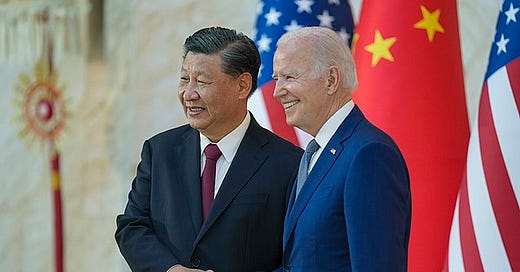



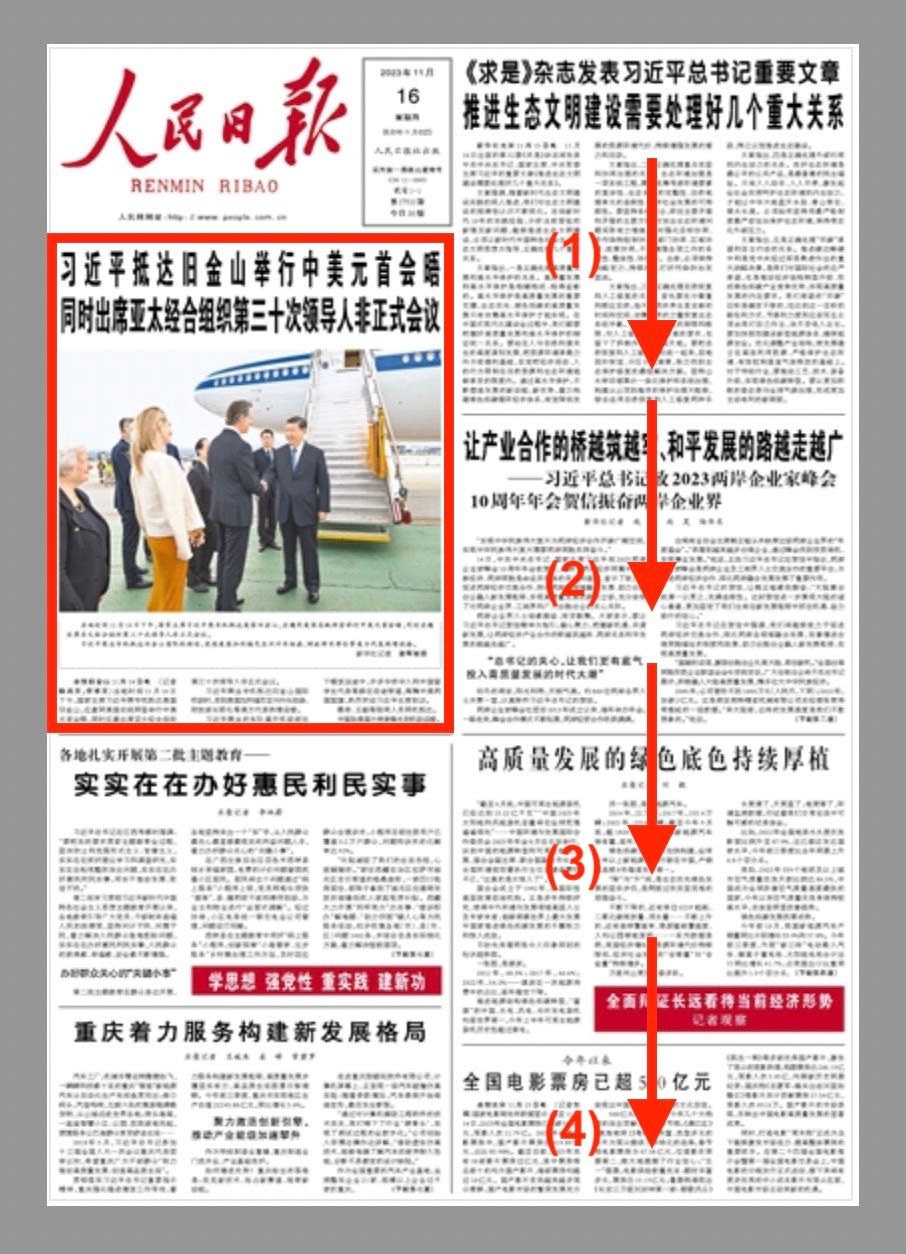
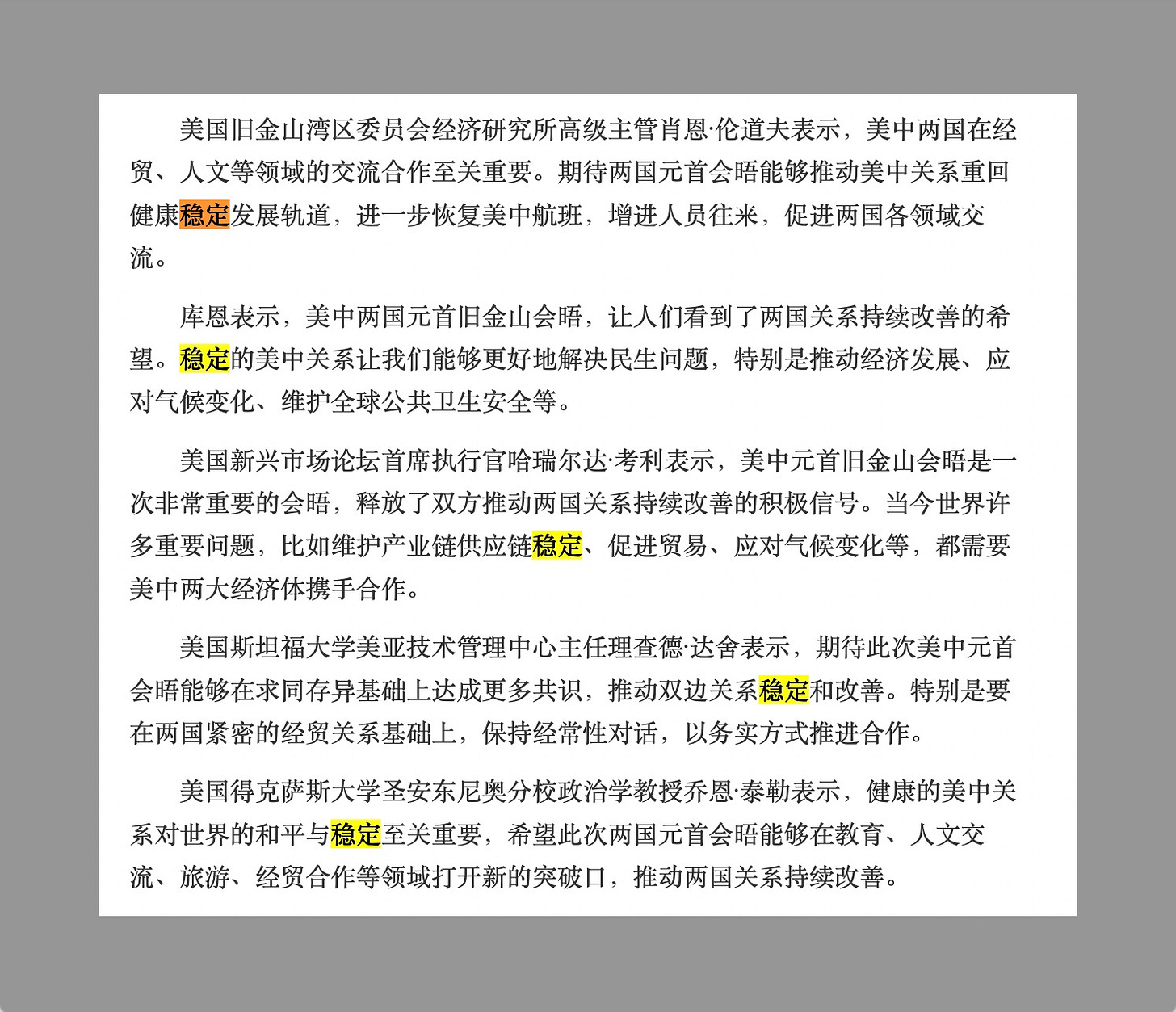

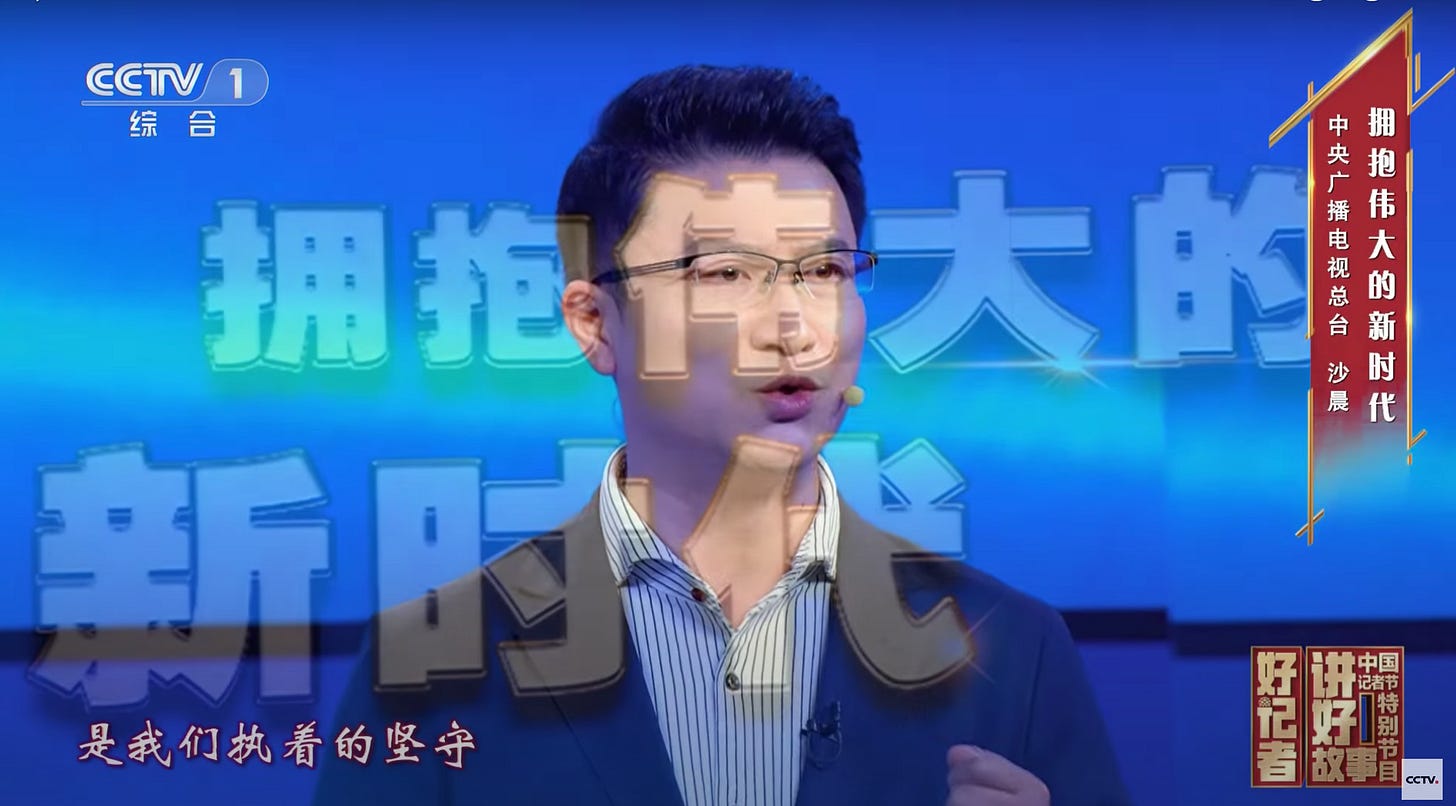
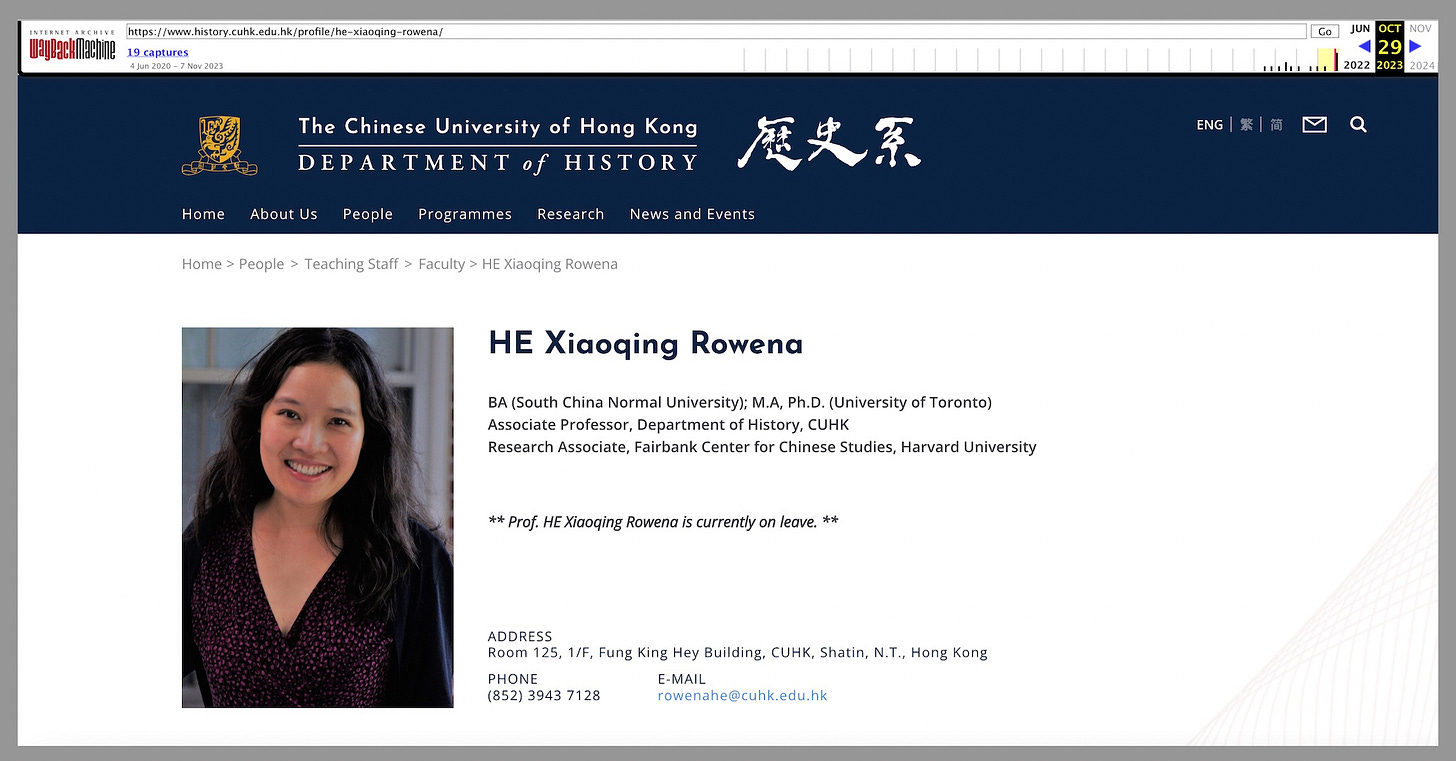
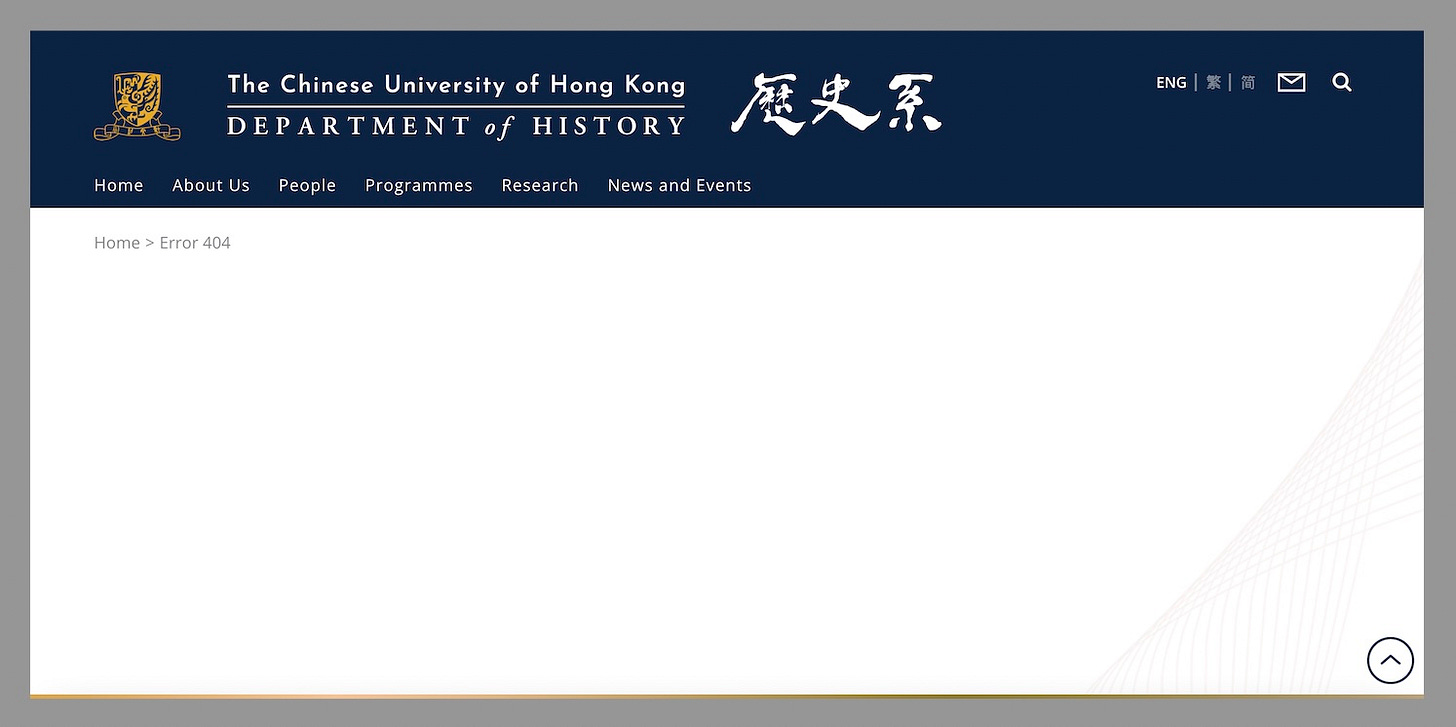
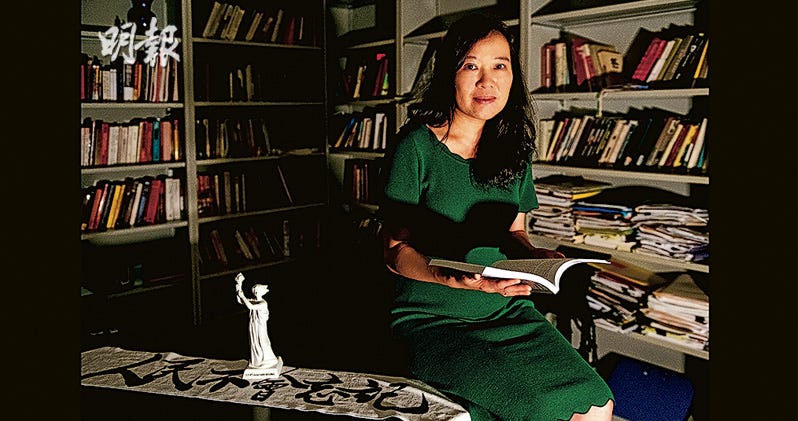
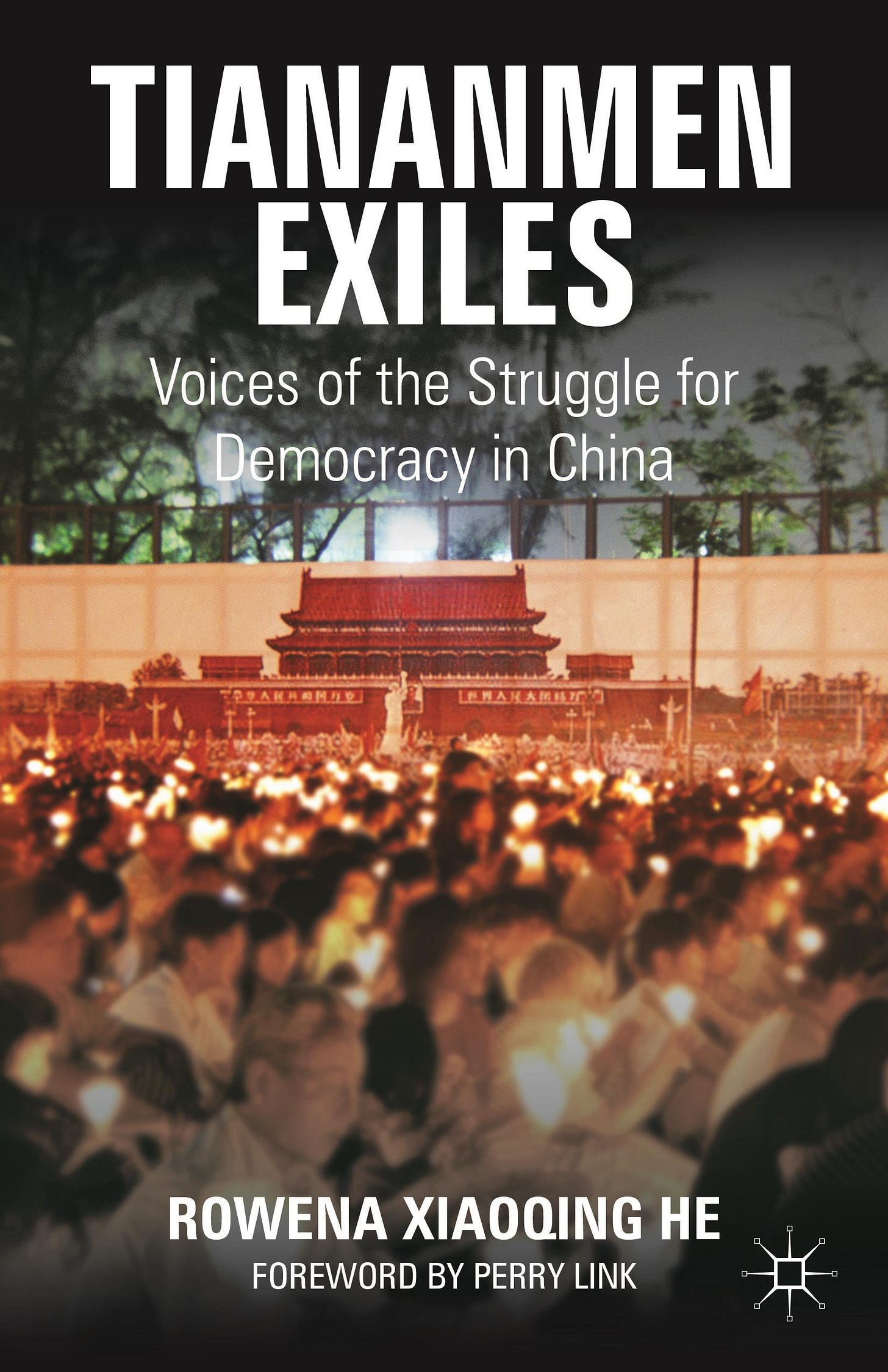

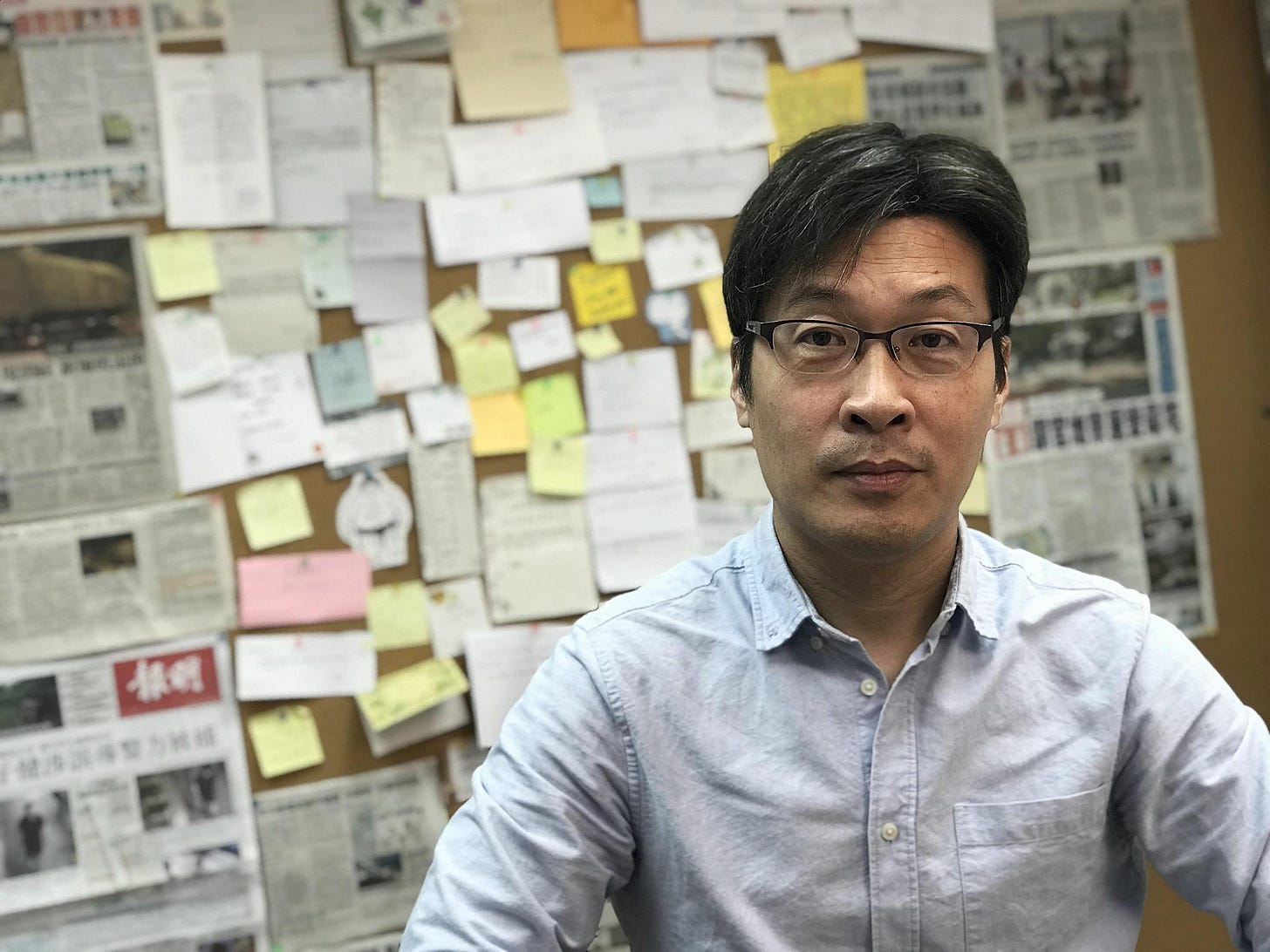

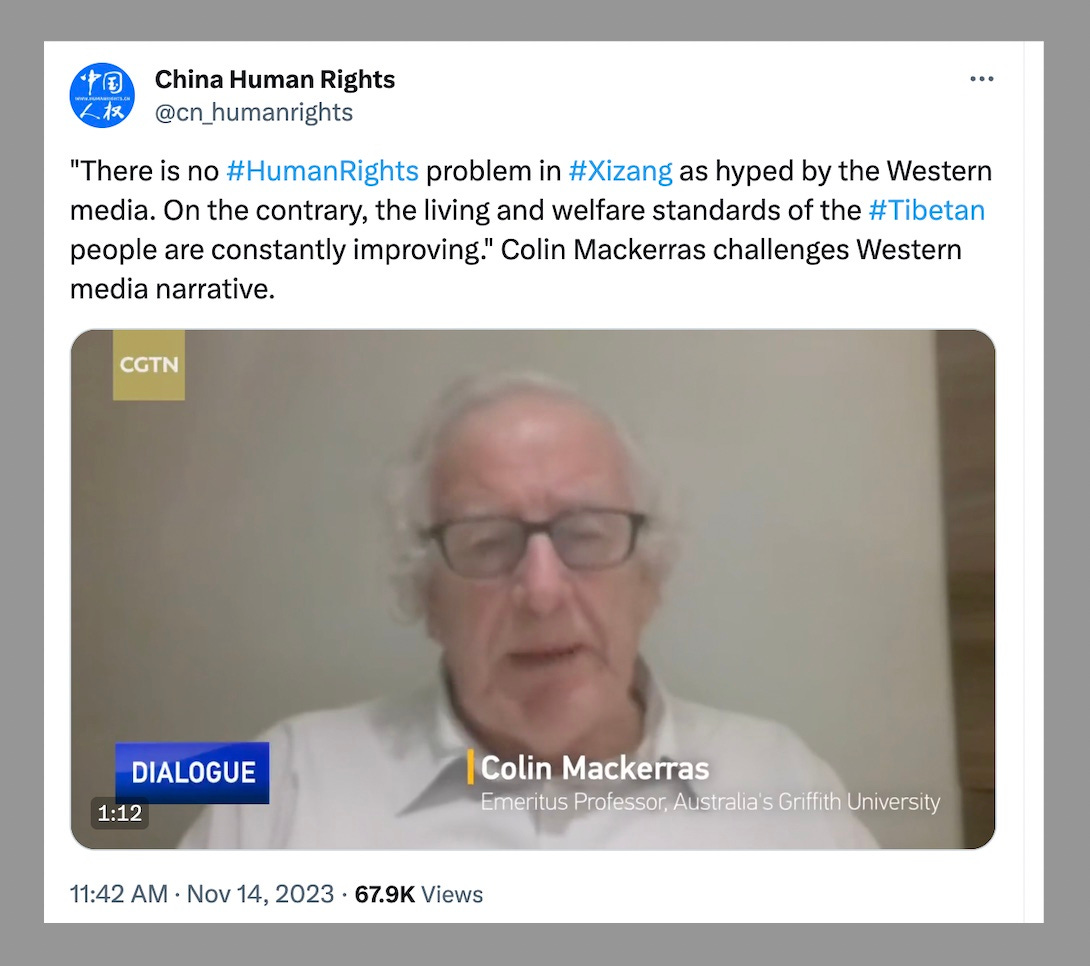
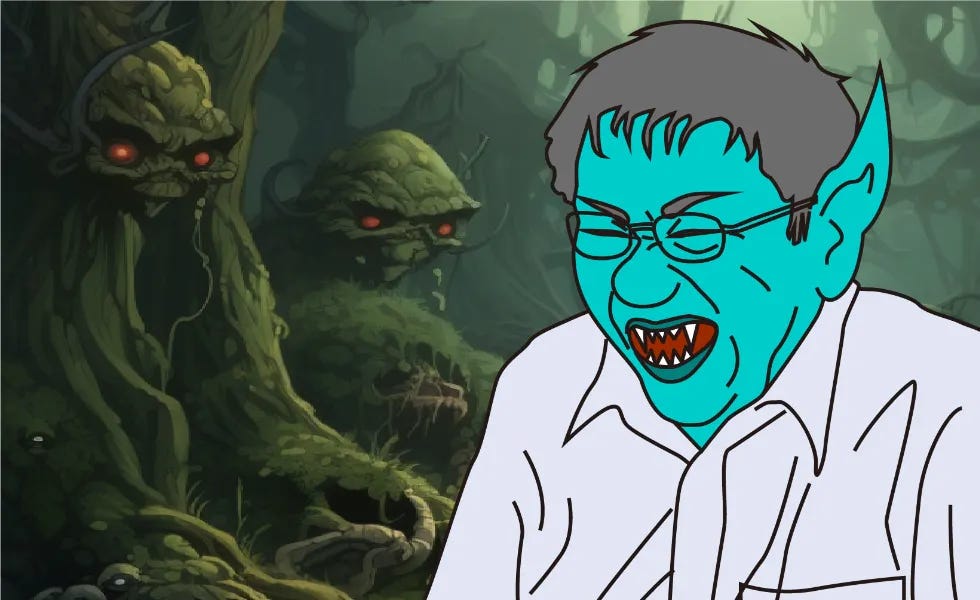



If Tibet is now Xizang in official publications, why isn't Hong Kong now Xianggang?